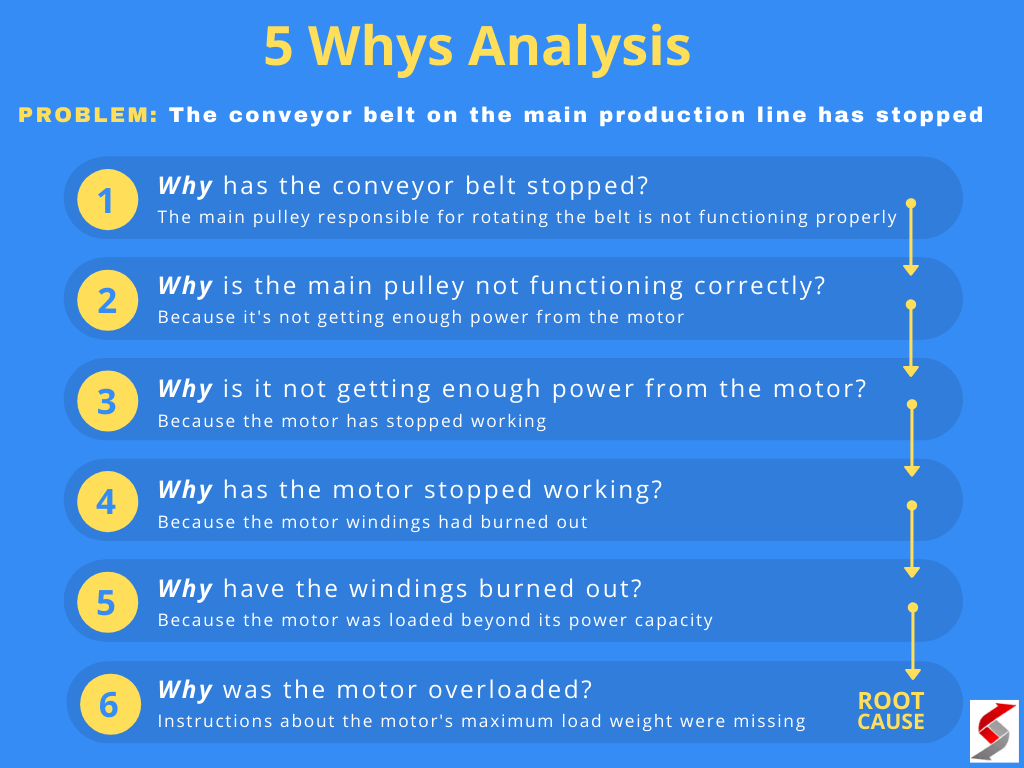Texas Home Inspector Careers: Average Earnings and Step-by-Step Licensing Guide
Understanding Home Inspector Earnings in Texas
Choosing a career as a home inspector in Texas can offer both flexibility and strong earning potential. Income varies significantly depending on experience, certifications, location, and business model. Most full-time home inspectors in Texas report annual earnings between $56,965 and $75,470 , with the average salary hovering around $65,015 per year. Entry-level inspectors may start closer to $49,635 annually, while established professionals, especially those who operate independently or possess advanced credentials, could earn as much as $84,989 or more annually [2] .

Source: melissa.depperfamily.net
Some sources, such as Indeed, report the average Texas home inspector salary at $71,904 per year , with top earners-often in urban centers or with additional specialties-making upwards of $120,000 annually [4] . In specific high-demand areas like Houston and Austin, experienced inspectors report pay ranges from $70,000 to $120,000 per year, and select niche roles (such as commercial inspectors or those with engineering backgrounds) may command even higher compensation [4] .
Factors That Influence Income
Several elements can impact your earning capacity as a Texas home inspector:
- Experience : Seasoned inspectors typically charge more per inspection and may secure repeat business from real estate professionals.
- Certifications : Acquiring additional certifications, such as specialized mold, termite, or energy-efficiency inspections, can expand your service offerings and client base.
- Geographic Location : Urban and suburban inspectors tend to earn more due to greater housing turnover and higher property values [2] .
- Business Structure : Running your own inspection business versus working for a franchise or company can affect your net income-independent inspectors may retain more profit but also manage their own marketing, scheduling, and overhead.
For example, in Plano, TX, the average home inspector salary is about $56,379 per year , which is slightly below the state average. However, inspectors who establish strong local relationships or develop a reputation for quality can exceed this average significantly [5] .
How to Become a Home Inspector in Texas: Step-by-Step Guide
Texas maintains strict standards for home inspectors, regulated by the Texas Real Estate Commission (TREC). Becoming a licensed home inspector in Texas requires a combination of education, supervised experience, and passing state exams. Here’s a detailed breakdown:
1. Meet Basic Eligibility Requirements
Applicants must:
- Be at least 18 years old
- Be a legal U.S. resident or otherwise eligible to work in Texas
- Have a high school diploma or equivalent
2. Complete Required Education and Training
Texas offers two main paths to licensure:
-
Apprentice Inspector License:
- Complete 90 hours of approved classroom education covering property systems, inspection methods, and standards of practice.
- Work under the supervision of a Professional Inspector.
-
Real Estate Inspector License:
- Complete 154 hours of qualifying education.
- Obtain experience through 40 inspections under direct supervision or complete additional coursework.
- Pass the state licensing exam.
-
Professional Inspector License (Most Sought After):
- Complete 194 hours of TREC-approved training.
- Conduct at least 175 inspections as a Real Estate Inspector or complete 24 months as an Apprentice Inspector.
- Pass the Professional Inspector exam.
Most aspiring inspectors choose the Professional Inspector track due to the higher income potential and ability to operate independently.
3. Pass the Texas Home Inspector Examination
Once you’ve fulfilled educational and experience requirements, you must pass the state exam administered by TREC. Preparation courses are available through community colleges and approved training providers. The exam covers Texas-specific standards, building systems, and inspection protocols. Sample questions and exam outlines are available from TREC-approved education providers, which you can research by searching “TREC approved home inspector education providers.”
4. Submit Your Application and Undergo a Background Check
Applicants must submit their application, supporting documents, and fees to TREC. Fingerprinting and a criminal background check are mandatory components of the process. Details on the application process can always be found by visiting the official Texas Real Estate Commission website and searching for “home inspector licensing.”
5. Maintain Your License and Continuing Education
Licensed home inspectors in Texas must complete continuing education courses each renewal cycle. This ensures inspectors stay up-to-date on building codes, inspection standards, and legal requirements. Failure to renew or fulfill continuing education requirements can result in suspension or revocation of your license.
Practical Steps to Start Your Home Inspection Career
After securing your license, there are several approaches to building a successful home inspection business in Texas:
- Gain Hands-on Experience: Start by working with established inspectors or joining a reputable inspection company. This provides mentorship, helps you learn the business, and develops your client base.
- Build Relationships with Real Estate Professionals: Most inspection business comes from real estate agents, brokers, and property managers. Attend local real estate events, join professional associations like the International Association of Certified Home Inspectors, and consider networking through community boards.
- Invest in Marketing: Create a professional website, establish an online presence through local directories, and solicit reviews from satisfied clients. Many inspectors find success through word-of-mouth and referral marketing.
- Expand Your Services: Consider additional certifications for services like termite inspections, mold assessment, or energy audits. This can set you apart from competitors and increase your average inspection fee.
Example: Launching a Successful Inspection Business
Maria, a licensed Texas Professional Inspector, started her career by working with an established local company. After two years and over 200 supervised inspections, she launched her own business specializing in historic properties in Austin. By networking with local realtors and offering specialized services, Maria was able to increase her average fee and expand her client base. Her annual earnings grew from $58,000 in her first year to nearly $100,000 by year four, demonstrating the impact of experience, specialization, and local connections.
Challenges and Alternative Approaches
New inspectors may face competition and initial income fluctuations. It may take time to build a steady client base. To overcome these challenges, consider joining a franchise, working part-time while building your business, or offering promotional rates to new clients. Some inspectors supplement their income with related work, such as property management or remodeling consultations. Persistence, continued education, and client satisfaction are key to long-term success.
Accessing Official Resources and Additional Guidance
For the latest licensing requirements, exam details, and approved education providers, always refer to the official Texas Real Estate Commission (TREC) website. Search for “TREC Home Inspector Licensing” to access application forms, renewal procedures, and exam schedules. If you have questions about the process, you can also contact TREC directly by phone or email-contact details are available on their official website.
For information about continuing education, networking opportunities, and industry best practices, consider joining professional organizations such as the International Association of Certified Home Inspectors (InterNACHI) or the American Society of Home Inspectors (ASHI). These organizations provide resources, standards, and support for new and experienced inspectors alike.
Key Takeaways
Becoming a home inspector in Texas can be a rewarding and lucrative career choice, provided you invest in the required education, develop professional relationships, and continue learning throughout your career. By understanding the steps to licensure and the factors influencing income, you can chart a path to success in this growing field.
References
MORE FROM gowithdeal.com













